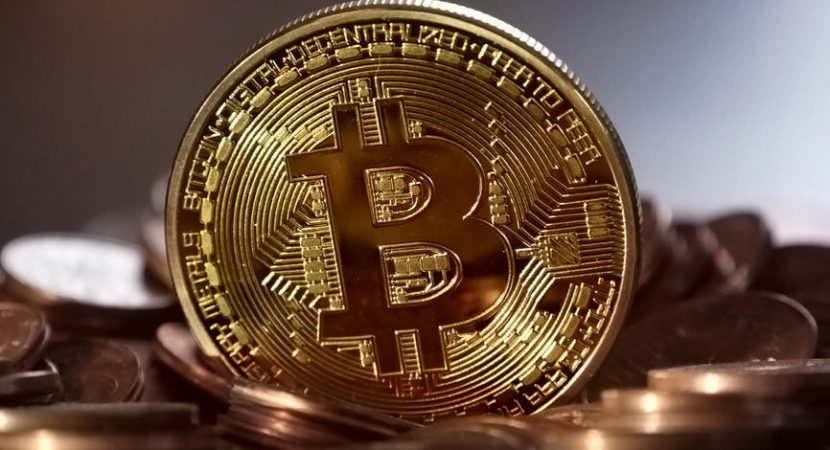There’s always something new when it comes to investing. It doesn’t matter how long you’ve been investing or whether or not you maintain your own portfolio.
Investments are always changing. If you want to be a successful investor, you have to make sure you keep up with all the changes that are taking place.
Maybe you think you know what an IPO is, or maybe you have no idea, but you’ve heard of ICOs and you’d like to learn more. These are two concepts that even the most seasoned investors don’t understand, but understanding them can make your portfolio stronger.
What Is an ICO?
ICO stands for Initial Coin Offering. Often referred to as a crowdsale, an ICO is an event where a company releases its own crypto currency. By selling this currency, they can fund a project that they otherwise wouldn’t be able to afford.
Bitcoin is the most popular form of crypto currency, even though it still isn’t used by the masses. However, there are literally dozens of crypto currencies out there and ICOs are taking place all the time.
As with most investments, it’s important that you choose which ones to invest in wisely. The majority of crypto currencies that are released don’t survive, which means those investors lose their money.
What Is an IPO?
ICOs often get mixed up with IPOs partly because the acronyms look so similar. IPO stands for Initial Public Offering.
An IPO is the very first sale of a stock that is issued by a company after it goes public. Before an IPO, the company is considered private, which means very few shareholders share stakes in the company. After an IPO, anyone, anywhere can invest.
When most people think of the stock market, they’re thinking about companies that have gone public, which means they had an IPO.
How Do They Compare?
These concepts have at least one thing in common. Both ICOs and IPOs have to do with an initial offering, giving people the first chance at investing in their currency or company. However, there are plenty of differences as well:
- IPOs generally happen later in a company’s development. ICOs are typically released to gain capital for a new concept.
- IPOs are heavily regulated. That makes them safer for investors. ICOs are not heavily regulated, which means little to no paperwork before searching for investors.
- ICOs cut out the middle men that plague IPOs. There are no brokers or underwriters to pay, making the potential payout of ICOs even greater.
- Anyone with an internet connection can invest in an ICO. An investor using a broker will have to jump through some hoops in order to invest in an IPO.
A well-balanced portfolio can include both IPOs and ICOs. Just keep in mind that your broker isn’t likely to help you pinpoint ICOs that are worth your time. Instead, you have to do your research so you can identify the investment opportunities that have the possibility to make you the most money.


